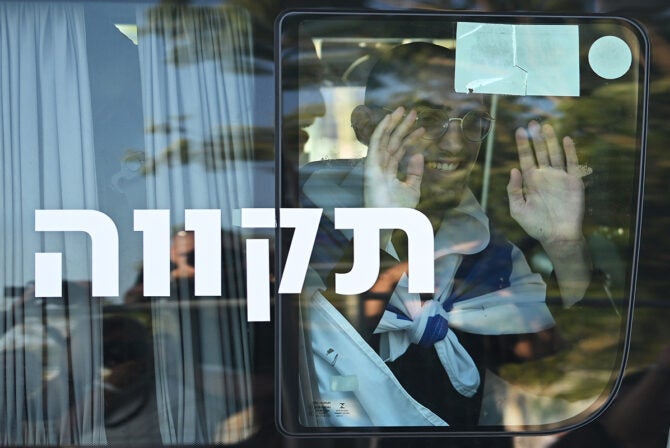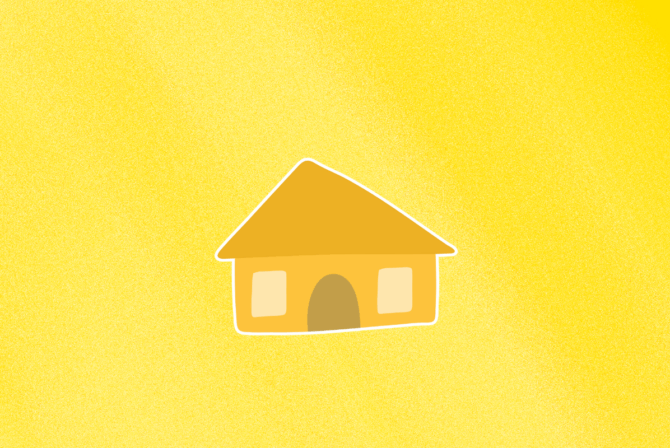Are you looking for a name that reflects your family’s heritage? Part of a multicultural couple where one member is from a country such as Belarus or Croatia, or a Jewish family living in Krakow or Prague? Or perhaps you’re simply a fan of the beauty of Jewish-Slavic names? This list is for you.
Many European Jews came from, and still live in today, countries where languages from the Slavic language family are spoken, such as Poland, Russia, Slovakia and Serbia. Slavic languages also had a large influence on the Jewish language of Yiddish, in terms of both grammar and sentence structure as well as individual words in Yiddish. For instance, the well-known Yiddish terms tchotchke, nebbish, blintz, pupik and latke are all of Slavic origin.
Languages such as Slovak and Ukrainian utilize a number of traditional Hebrew or Jewish names of Biblical figures, some of which have their own versions within the Slavic language family, such as the name Ewa in Polish for the Hebrew girl’s name Chava (or in English, Eva). Even after the devastation of the Holocaust, Jewish communities have continued to rebuild and thrive in many Slavic-language countries today.
Boys’ Names
Adam: “earth” in Hebrew, commonly used in Slavic languages, spelled Adem in Bosnian and Serbian
Amir: “prince” in Bosnian, “crown” or “treetop” in Hebrew
Amos: “carried” in Hebrew, used in Czech and Polish
Avram: “exalted father” in Hebrew, Russian and Serbian
Daniel: “God is my judge” in Hebrew, used commonly in Slavic languages
Gavril: “God is my strength” in Russian, from the Hebrew Gavriel
Jakub: the Slavic variant of the Hebrew name Yaakov
Lev: “lion” in many Slavic languages, “heart” in Hebrew
Mihael: Slovenian and Croatian variant of the Hebrew name Michael
Natan: “give” in Hebrew, Russian, Ukrainian and Polish
Orel: “eagle” in Czech, Slovak, Macedonian and Russian, “light of God” in Hebrew
Salomon: Polish version of the Hebrew name Shlomo, which has the roots of the word “peace” (shalom) and “whole” (shalem).
Semyon: “God has heard” in Russian, from the Hebrew name Shimon
Tobiáš/Tobijaš: “God is good” in Czech, Slovak and Croatian from the Hebrew Tuvia
Toma: Croatian, Bulgarian and Macedonian version of Thomas, was also a traditionally popular name among Romanian and Hungarian Jews
Uriya: “God is my light” in Russian, Croatian and Hebrew
Girls’ Names
Alja: “defending man” in Slovenian, version of Aliyah, “to go up” in Hebrew
Alona: “goddess of the dawn” in Ukrainian, “oak tree” in Hebrew
Amira: “princess” in Bosnian, “saying” or a female version of Amir, “treetop,” in Hebrew
Brina/Bryna: “juniper” in Slovenian, “brunette” in Yiddish
Hana: “grace of God” in Hebrew, Slovak and Czech
Inna: “young girl,” in many Slavic languages, commonly used by the Russian Jewish community
Iva: “life” in Czech and Slovak derived from the Hebrew name Chava
Judita: “woman of Judea” in Czech and Slovak
Mila: “gracious” in many Slavic languages, “word” in Hebrew
Mira: “peace” in many Slavic languages, “rising water” in Hebrew
Perla: “pearl” in Yiddish, Czech and Slovak
Siana: “God is gracious” in Bulgarian, the Bulgarian version of the Hebrew name Chana
Raisa: “leader” in Russian, “rose” in Yiddish
Raya: ”queen” in Bulgarian, “friend” in Hebrew (sometimes spelled Ra’aya)
Tamara: “date/ date palm” in Hebrew, commonly used in nearly every Slavic-language country
Tosia: used in Yiddish and Polish, sometimes used to mean “priceless” and sometimes “reaper”
In regards to unisex names when it comes to Slavic Jewish baby names, there’s really not many options out there as all Slavic languages are gendered in terms of grammar when it comes to names. However, you could use “Sasha” (a nickname for both Alexander/Aleksandr and Alexandra in Slavic languages, both used traditionally by Jews as well for centuries).








